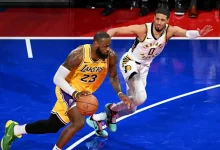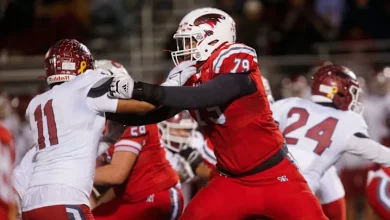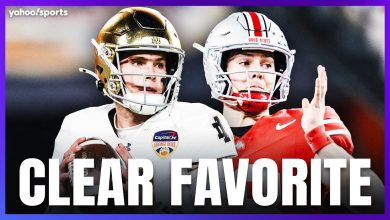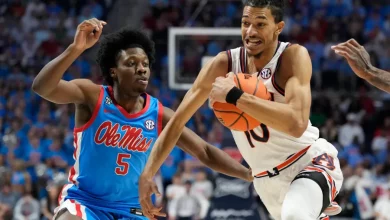Judge Allows Lawsuit Against Texas A&M’s 12th Man Foundation Over Kyle Field Seating Rights to Proceed
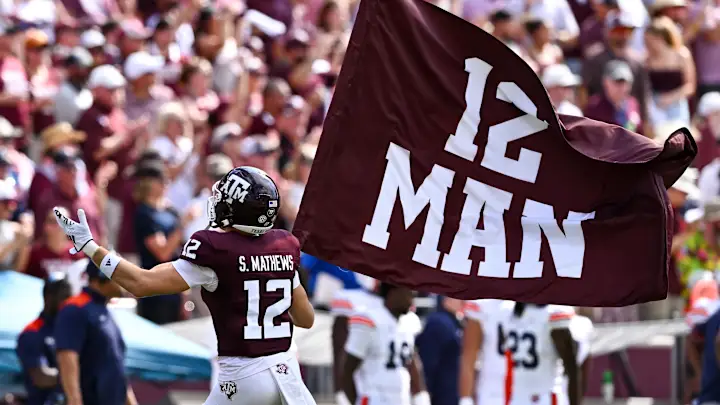
The legal battle over Kyle Field seating rights at Texas A&M University has reached a crucial new phase. A judge recently ruled that the lawsuit against the 12th Man Foundation, the nonprofit organization responsible for managing the endowment and fundraising efforts for Texas A&M Athletics, can proceed. This decision marks a significant development in a dispute that has spanned years and involves longstanding donors who claim their seating rights and privileges at Kyle Field were unfairly altered following the stadium’s massive renovation.
The ruling paves the way for the class-action lawsuit to move forward, potentially impacting thousands of donors and shaping future university fundraising and donor relations policies. Here’s an in-depth look at the lawsuit, its origins, key issues, and what the latest ruling means for all parties involved.
Background: The Kyle Field Renovation and Donor Seating Rights
Kyle Field, home of Texas A&M football, underwent a massive renovation beginning in 2013. The project, completed in 2015, expanded the stadium’s capacity to more than 102,500 seats, making it one of the largest stadiums in college football. This extensive renovation was funded in large part by donations from longtime Texas A&M supporters through the 12th Man Foundation.
Many donors, some contributing decades ago, were promised preferred seating locations and parking privileges in exchange for their financial support. These agreements, whether formalized through contracts or based on long-standing verbal understandings, created what many donors believed to be lifetime seating rights.
However, as the renovation progressed, the 12th Man Foundation implemented a reseating policy requiring donors to pay additional fees to retain their previous seat locations or accept new seating assignments, often in less desirable areas. Additionally, parking arrangements that had been historically guaranteed were altered or revoked.
These changes upset many donors who felt that the promises made to them were broken. Several sued the 12th Man Foundation, alleging breach of contract, promissory estoppel, and violation of fiduciary duty. The legal battle has since developed into a significant class-action lawsuit representing hundreds of donors and thousands of seats.
The Lawsuit: Claims and Defenses
The plaintiffs in the lawsuit argue that the 12th Man Foundation breached its promises by changing seating assignments and parking rights without adequate compensation or notice. They claim that the foundation’s actions undermined the value of their donations and violated their expectations based on explicit or implied agreements.
Key claims include:
- Breach of Contract: Plaintiffs argue that binding agreements guaranteed specific seating locations and parking privileges, which were then unilaterally changed.
- Promissory Estoppel: Many donors contend that they relied on promises of lifetime seating when making substantial donations, and that it is unjust for the foundation to retract those promises.
- Breach of Fiduciary Duty: Because the foundation operates as a nonprofit tied to a public university, plaintiffs argue it owed them fiduciary duties to uphold donor agreements and manage funds appropriately.
The 12th Man Foundation denies these allegations, stating that:
- The renovation necessitated changes to seating arrangements that were unavoidable due to structural changes in the stadium.
- Donors were offered options to retain premium seating through additional contributions, including an annual credit system.
- The foundation has acted in good faith and in accordance with its policies, which are subject to change based on evolving needs.
The Recent Judicial Ruling
In the latest court proceedings, a judge ruled that the lawsuit may proceed, rejecting motions to dismiss or delay the case based on jurisdictional or procedural grounds. This decision is pivotal because it allows the class-action suit to move beyond preliminary challenges to the core legal issues.
The judge’s ruling reflects recognition that the donors’ claims warrant thorough examination and that the foundation must respond to allegations of breached agreements and potential misconduct.
This decision will lead to discovery phases, where both sides will exchange documents, communications, and evidence. Depositions of key foundation officials and donors are expected as the case moves toward possible trial or settlement negotiations.
Implications for Donors and the Foundation
For donors, the ruling represents a critical opportunity to seek justice and potential compensation. It affirms that their concerns are legitimate and that courts are willing to hold institutions accountable for promises made.
For the 12th Man Foundation and Texas A&M, the ruling underscores the importance of transparency and honoring donor commitments. A protracted legal battle could harm the foundation’s reputation, impact future fundraising efforts, and potentially result in financial liabilities.
The case also raises broader questions about how universities manage athletic donations and seating rights, especially amid costly stadium renovations and growing commercialization of college sports.
The Broader Context: Donor Rights in Collegiate Athletics
The lawsuit against the 12th Man Foundation is not unique. Across the nation, many universities face similar legal disputes involving donors and seat licenses. As college athletics generate billions in revenue, donors increasingly seek assurances that their investments will yield expected benefits.
Legal experts suggest that these cases may encourage universities to formalize donor agreements more clearly and maintain consistent communication with donors during facility upgrades.
The Texas A&M case may set a precedent for how courts interpret oral and written promises related to athletic donations and seating rights.
What Happens Next?
The ruling allowing the lawsuit to proceed initiates several key phases:
- Discovery: Both sides will gather evidence, review documents, and conduct depositions.
- Settlement Talks: Many such lawsuits resolve through settlements before trial, potentially involving refunds, seat reinstatements, or revised policies.
- Trial: If no settlement is reached, the case will go to trial where a judge or jury will decide the merits of the claims.
Throughout this process, both parties are likely to engage in public relations efforts to maintain support and manage public perception.
The judge’s decision to allow the lawsuit against Texas A&M’s 12th Man Foundation over Kyle Field seating rights to proceed marks a significant milestone in an ongoing dispute with far-reaching implications. The outcome will not only affect thousands of donors but could also influence how universities across the country manage donor relations and athletic fundraising.
As the legal battle unfolds, it remains to be seen how the foundation will address these challenges and whether a resolution that satisfies all parties can be reached.
For Texas A&M and its passionate fan base, this case is more than a legal matter—it touches on tradition, trust, and the meaning of loyalty to the 12th Man spirit.

